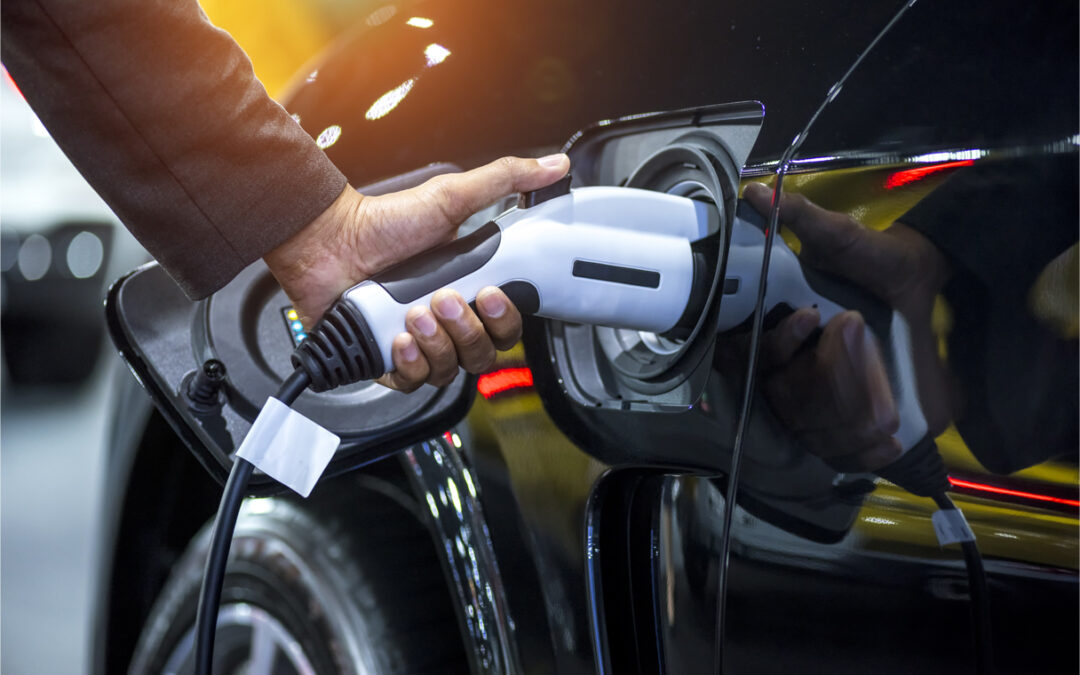The Technical Committee on Automotive and Marine Service Stations is responsible for writing the Code for Motor Fuel Dispensing Facilities and Repair Garages (NFPA 30A). The Code is used throughout the United States as the basis for legal regulations governing the storage, handling, and dispensing of flammable and combustible motor fuels.
NFPA 30A is currently silent on how to incorporate electric vehicle fueling systems at traditional motor fuel dispensing facilities, which leaves the local fire marshal in a bind when asked what he would approve. The good news is all of that is about to change.
The NFPA 30A Technical Committee is slated to meet October 18 to begin discussion on a draft proposal offered by a special NFPA 30A ad hoc subcommittee. Electric vehicle refueling topics slated to be covered include:
- Definitions (electric vehicle, electric vehicle charging station, electric vehicle connector, electrical vehicle supply equipment, output cable, etc.)
- Location (canopy considerations; distance from property lines; separation distance from gasoline/diesel dispensers, underground tank fill connections, aboveground tanks, and tank truck vehicles)
- Listing of equipment
- Installation requirements
- Collision protection
- Maneuvering on site
- Signage
- Operation
- Emergency electrical disconnects
- Lighting
- Fire extinguishers
- Inspection and maintenance requirements
The process used by NFPA to amend its codes is long and thorough. The meeting on October 18 is just a start. But it is a necessary first step before charging stations can be included at motor fuel dispensing facilities. We will share what the committee comes up with after its first meeting.

